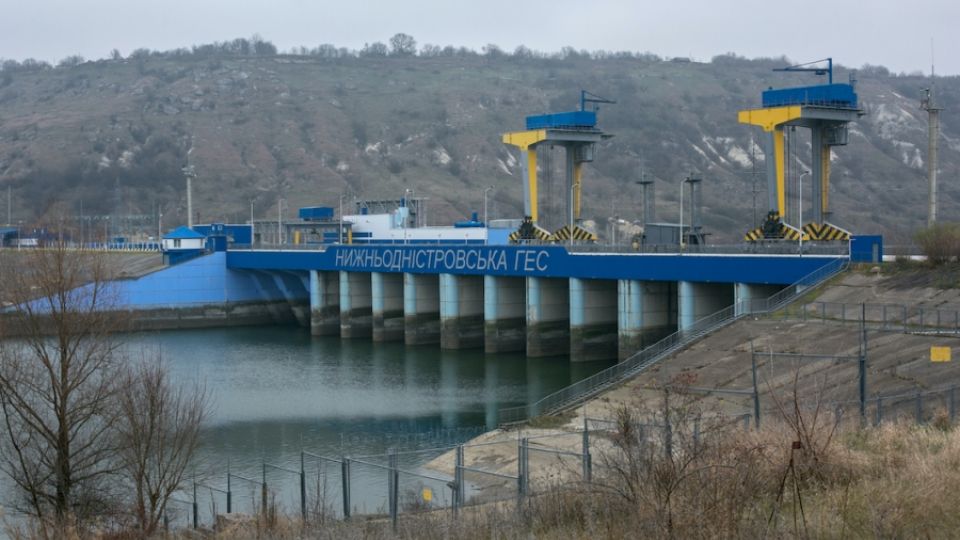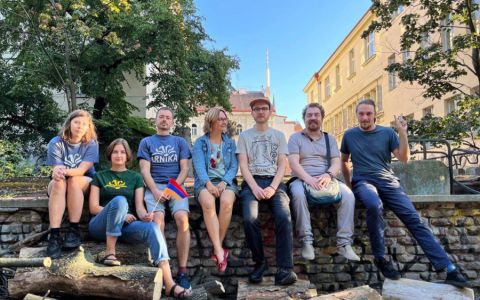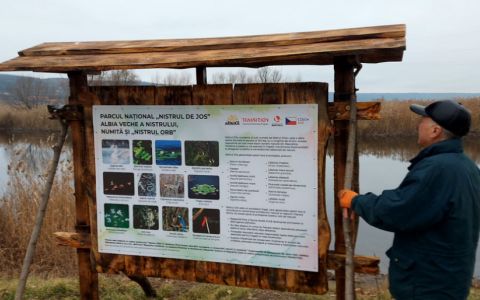To discuss up-to-date issues of the river protection related to the process of EU integration and international cooperation in protecting shared Dniester river basin, including problematics of water pollution and possible improvements – that is one of the goals of this year’s Dniester Conference, which will be held online on October 8th and 9th. With more than 80 reports and presentations prepared, governmental agencies, academics, civil society organizations and local communities representatives will attend.
“The Dniester River Basin Conference is taking place two years after the Dniester River Commission [1] has been established. Both states sharing the river, Moldova and Ukraine, started an effective cooperation and developed a set of documents, including a strategic plan. The environmental challenges the river is currently facing has forced both states to be more active and take practical measures to lower the pollution, the risks of technological accidents, and to establish a joint monitoring system. The conference should provide an evaluation of the current situation and formulate the priorities for further years,” explains Ilya Trombitsky from the organizing NGO network Eco-TIRAS.
The main topic of the 11th Dniester Conference is the role of transboundary river basin management in protecting the environment and in sustainable use of water and other natural resources in the basin, while the advantages of approximation of Moldova to the EU will be also discussed.
“Quality of rivers has sharply improved within the last three decades in the Czech Republic. Nowadays, every single town or village must have a sewage water treatment plant, as well as all industries. Our challenge now is to bring the rivers back to their natural state, which was largely changed due to agriculture, constructions or transport. This is the only way we can face climate change,” says Vlastimil Karlik from the cooperating Czech non-governmental organization Arnika. “The membership in the EU has helped us significantly to achieve improvements by finances, but also knowledge and stricter standards. Especially the EU Water Framework Directive contains practical suggestions and methods on how to improve the state of our rivers – before we will experience new extreme droughts or floods,” he adds.
The International Conference “EU integration and management of the Dniester river basin” is organized by the Eco-TIRAS International Association of River Keepers with the support of the GEF/UNDP/OSCE/UNECE project “Enabling transboundary co-operation and integrated water resources management in the Dniester River Basin”.
[1] The Commission on Sustainable Use and Protection of the Dniester River Basin (the Dniester Commission) was established under the Treaty between the Government of the Republic of Moldova and the Cabinet of Ministers of Ukraine on Cooperation in the Field of Protection and Sustainable Development of the Dniester River Basin (Moldovan, Ukrainian), which was signed in Rome on 29 November 2012. The Treaty covers almost all aspects relating to river basin issues, except for navigation and hydropower, and is aimed at strengthening and expanding cooperation between the Republic of Moldova and Ukraine, which started in 1994. Besides, the execution of this document was an important step in fulfilling the obligations undertaken by the Republic of Moldova and Ukraine under the UNECE Convention on the Protection and Use of Transboundary Watercourses and International Lakes (1992) and the EU Water Framework Directive (2000).







